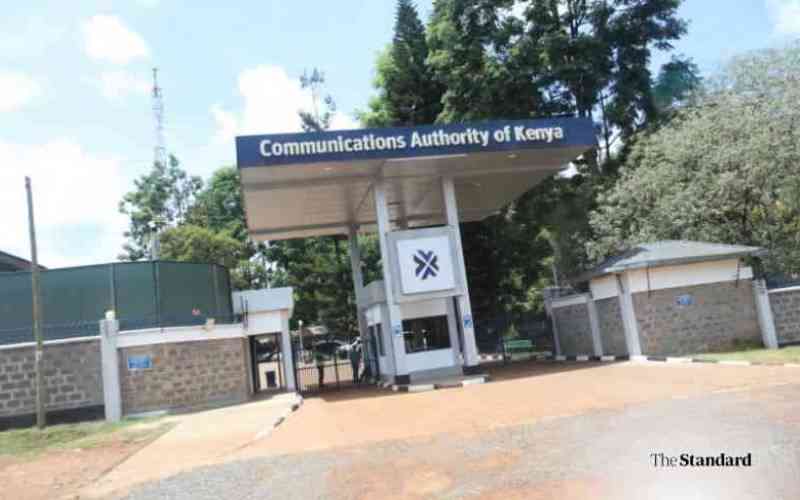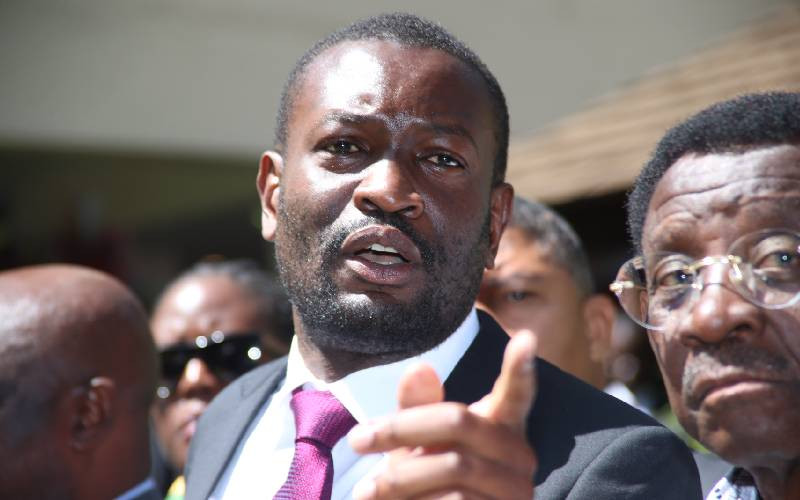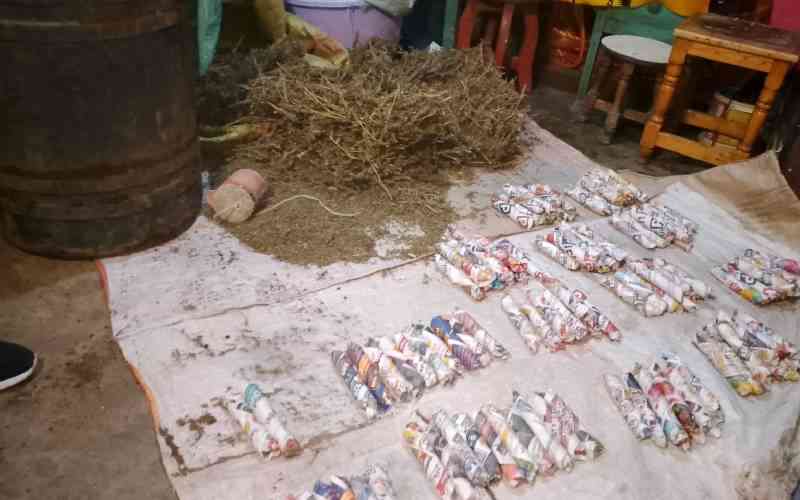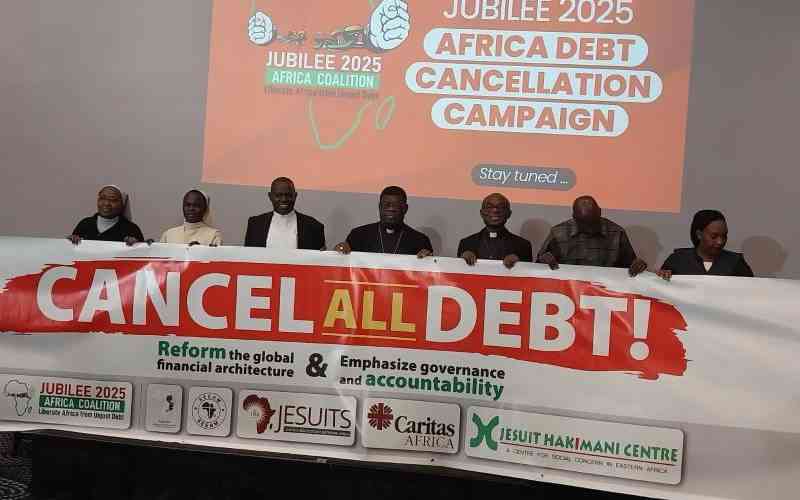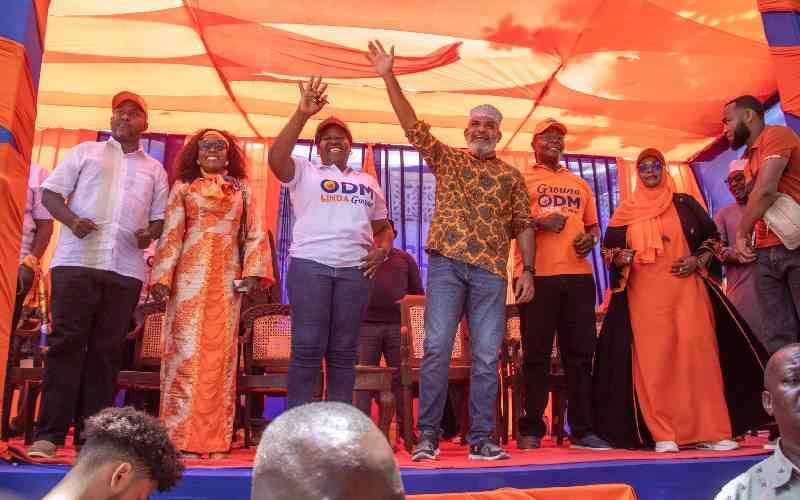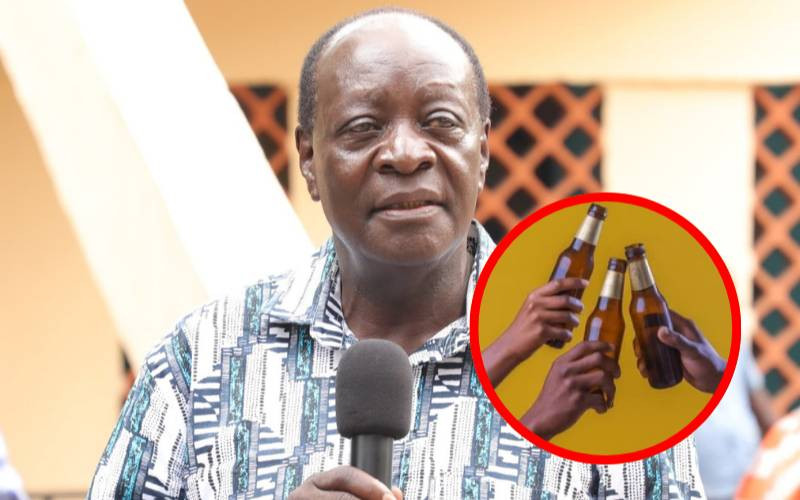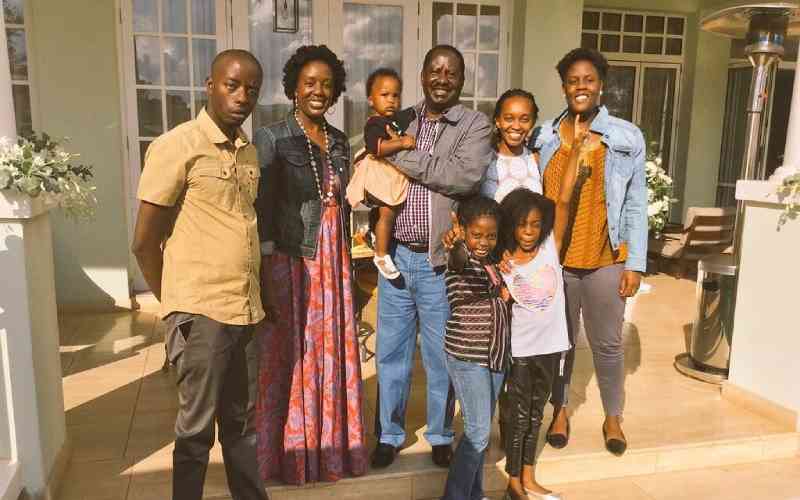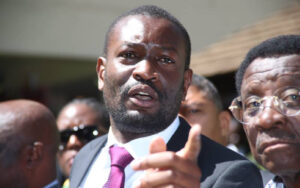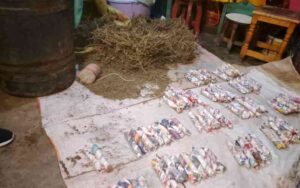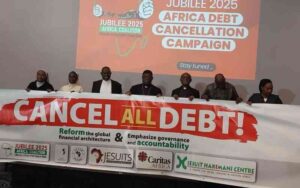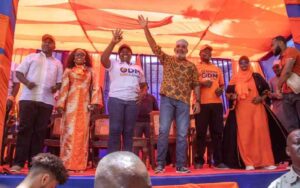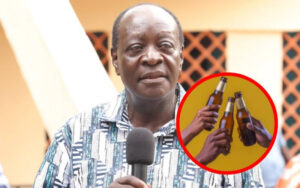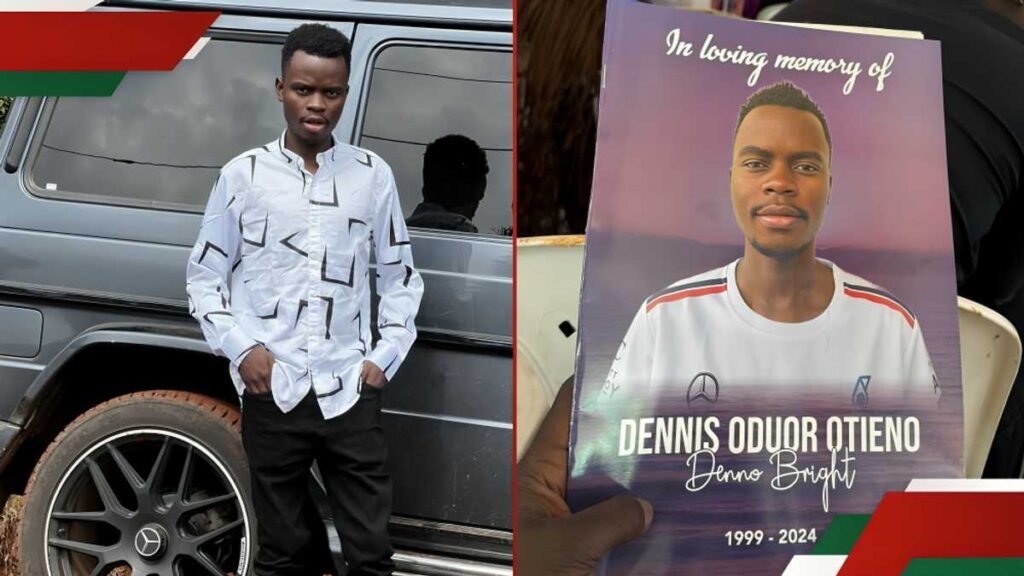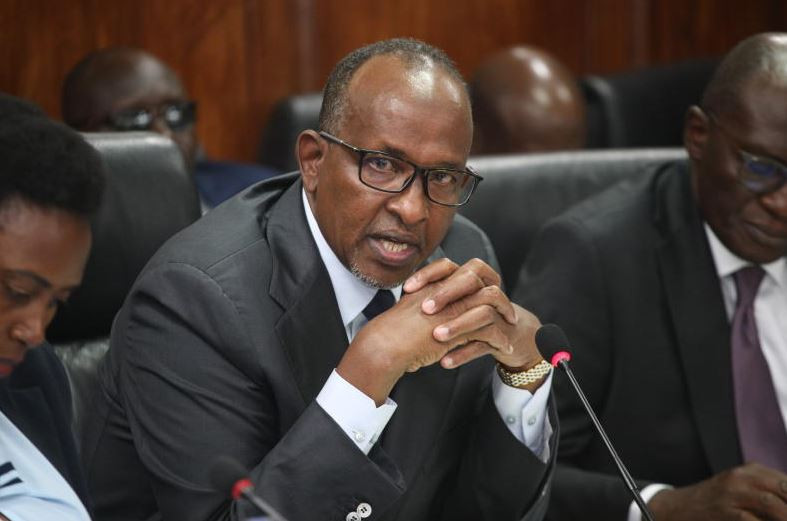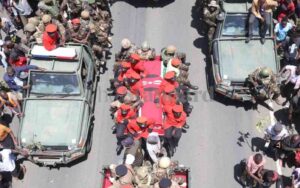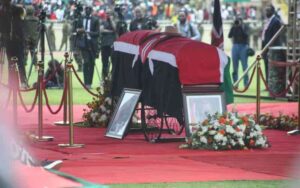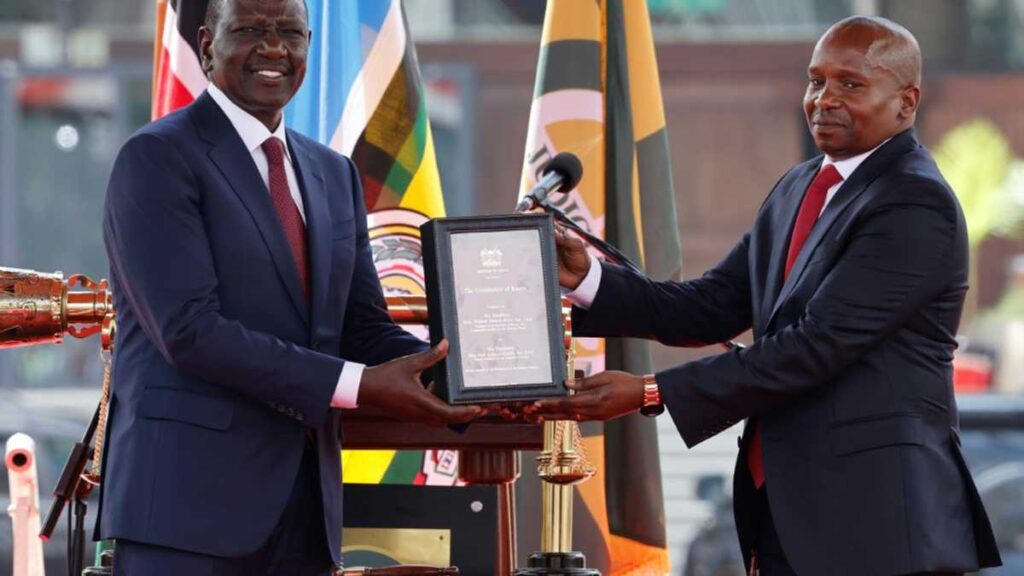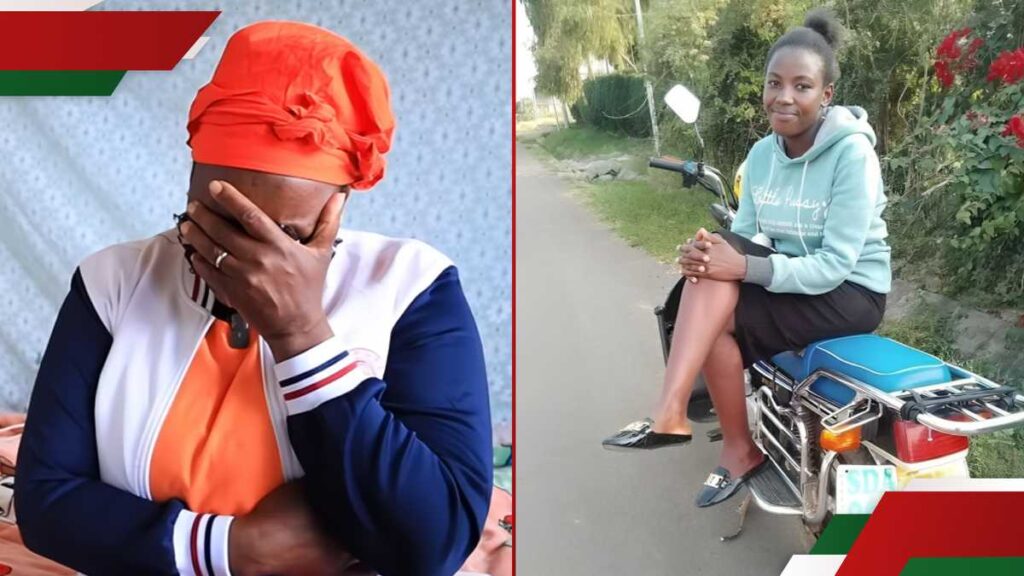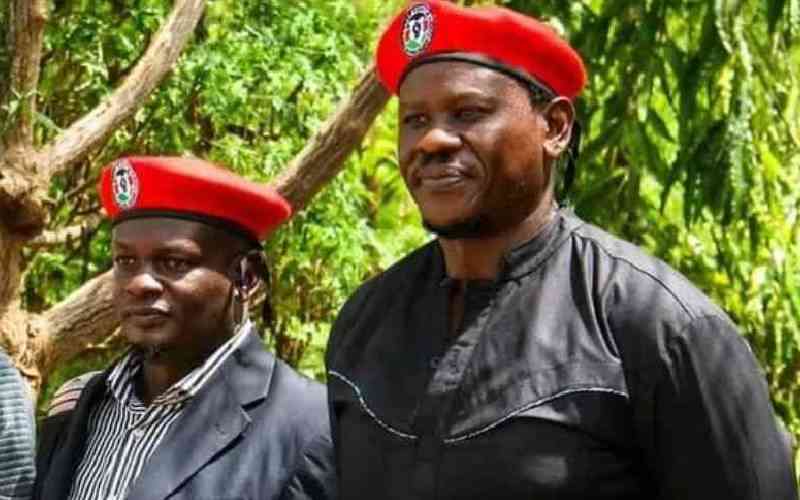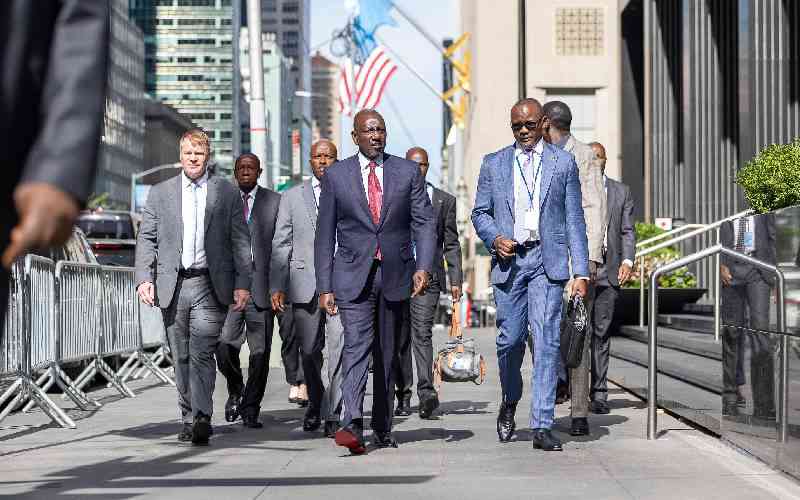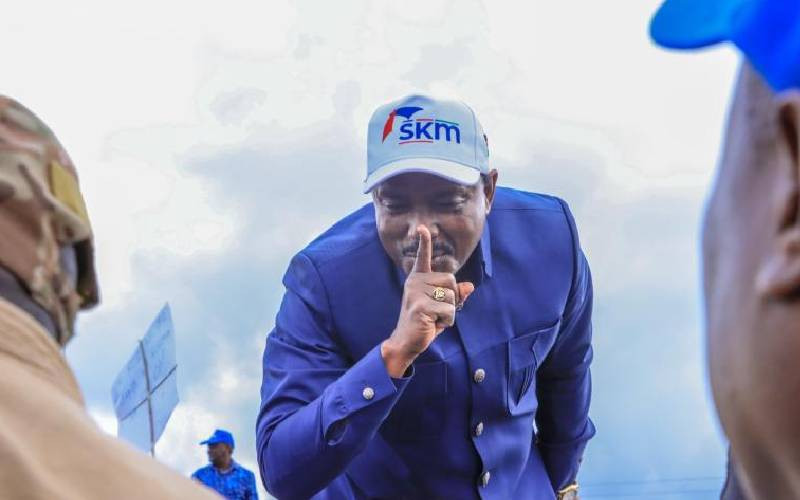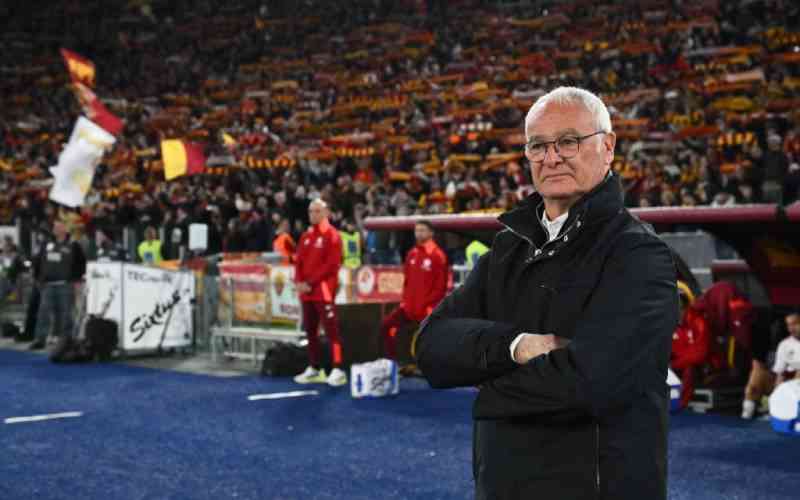At Nyayo Stadium, the chants of “Baba! Baba!” returned, but this time, they sounded different. They were not calls for a political warrior. They were calls for a father, a brother, a man whose warmth had touched both his family and his country.
On this day, Agwambo wa Vitendawili was not being remembered as a presidential hopeful, a party leader, or the famous “Hayaa, Hayaaa!” He was remembered as a dad, a man who held his family close, even when the world demanded all of him.
When the smart iron lady, Winnie Odinga, walked to the podium, the air changed. She stood there quietly for a few seconds, taking it all in, her chest rising slowly as if she needed to borrow courage from the crowd.
“My father was my superhero,” she said, her voice trembling. And with that, the entire stadium went silent.
Then she began to sing his favorite song. Her voice was shaky at first, but it grew stronger, like she was drawing strength from him. You could feel every word. When she revealed that her father took his final breath in her arms, there was no sound in Nyayo, just a stillness that wrapped everyone like a heavy blanket.
But Winnie, being Winnie, didn’t let grief take over completely. She wiped her tears, smiled, and said, “I know where he is; he is laughing at us. His wish to be buried within 72 hours has to take place. He’d probably laugh like, ha ha, ha ha ha.” Winnie imitated the exact infectious laughter. The crowd laughed, and when she mimicked his famous laugh, that deep, contagious chuckle that could fill a room, the whole stadium joined in. For a moment, it felt like he was right there, laughing with them.
The Nyundo’s real copy, Raila Junior, never left the crowds thinking. He wasn’t emotional in a dramatic way, but his calm voice carried strength.
“My father fought for justice,” he said, “but he also fought for us, his family.” It was simple but powerful, the kind of thing that reminds you that the greatest lessons are taught quietly, at home.
Rosemary Odinga’s tribute carried the weight of heartbreak. She spoke about the morning she got the call that changed everything. Her words came slowly, as if she were searching for air between them.
“He was my pillar,” she said softly. “My peace when the world got too loud.” You could feel the love in her pain.
Then came Senator Oburu Odinga, the man who knew Raila before the world did. He smiled faintly as he spoke of his brother’s stubbornness, his laughter, his fierce sense of right and wrong.
“He was more than a brother,” he said. “He was the fire that lit our family.”
Listening to them, it became clear that the Raila we knew on stage was the same man they knew at home. He didn’t play two roles. The man who fought for democracy was the same man who sat with his children, cracked jokes, and insisted that the family must stick together. He was firm when he needed to be, but he loved deeply and never missed a moment to remind them that strength without kindness means nothing.
Somewhere in the crowd, someone whispered, “Baba didn’t just build a country. He built a home.” And maybe that’s the truth that outlived all the speeches.
Another added, “Baba alikuwa bwana mzuri, unaona alikua na bibi mmoja na akalea watoto pamoja.”
Stay informed. Subscribe to our newsletter
Because as the songs faded and the flags fluttered, what remained was not just the story of a political icon, but of a father. One who led with heart, who believed in his children, who laughed loudly, who prayed quietly, and who gave his family the same courage he gave a nation.
Raila was not just the Baba of Kenya. He was the kind of father every man should strive to be: patient, loving, loyal, and present.


